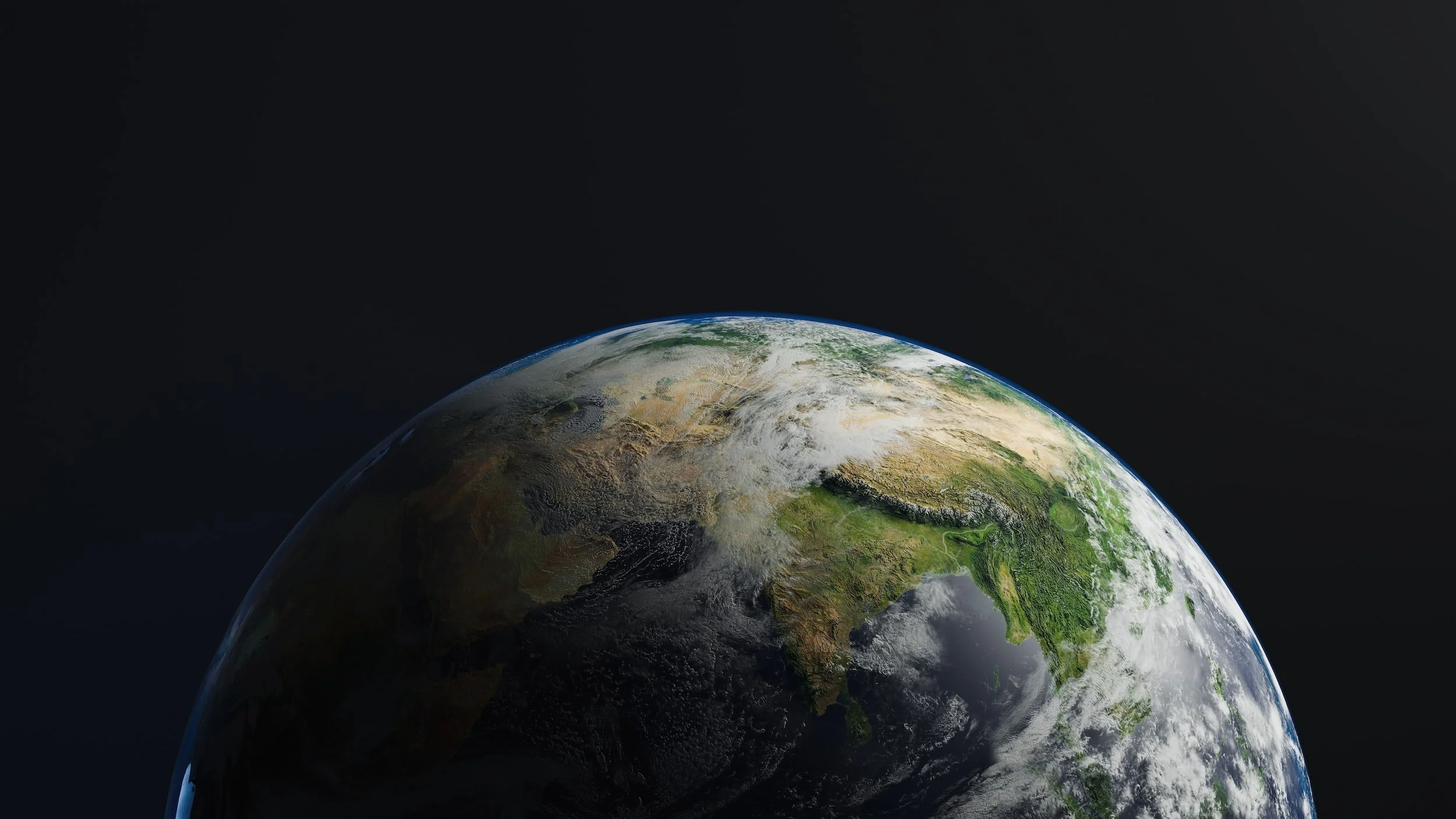It is hard to know where to begin, after such a seemingly endless stream of weather-related disasters and, most recently, the earthquakes in Turkey and Syria. Only yesterday did the earthquake search and rescue efforts there begin to move to the next stage of recovery. There are fingers pointed already at the quality of the Turkish emergency response and at the poor construction of many of the structures that collapsed.
Read More“It is always wise to look ahead, but difficult to look further than you can see.” --Winston Churchill
The House of Representatives chamber at the U.S. Capitol has been home to two very different dramatic events this past month. On December 21, President Volodymyr Zelensky of Ukraine addressed a joint session of Congress, exhorting its members to continue to support Ukraine…
Read MoreAs we close the autumn academic quarter at the University of Washington, I am grading final papers for the enterprise risk management course I have just taught, and at the same time preparing my winter quarter cybersecurity course materials, to begin again on January 3. The winter solstice occurs the day after we turn in grades, and signals both the beginning of winter and the earth’s turn back toward the light.
Read MoreWhat a week it has been! At the top of the charts would be Elon Musk’s acquisition of Twitter, and his subsequent dismantling of special teams that oversaw content management, ethics, privacy, as well as employment law protections. Though Musk is considered brilliant at developing startup companies like Space X and Tesla, this time he had purchased and made private a publicly traded company with 7,500 employees.
Read MoreThis week, we’re looking at pandemic risk in my Enterprise Risk Management course. Students worked in their small groups on Monday to describe two or three impacts that COVID has had on their health, their studies, their outlook, and their finances. I’ve excerpted some of the responses below.
Read MoreIt’s hard to look away from natural disasters – we wonder why, after so many years of studying them, their impact has not lessened, and their restoration time has not shortened.
Read MoreWe are enjoying the last weeks of summer, interspersed with climate change indicators that bring fires, floods, excessive heat, and even an earthquake or two. As I write this on September 11, I am mindful that there are thousands more victims than the 2,996 who died that morning in 2001 who have died unexpectedly while simply going about their business.
Read MoreHere are some of the issues I’m thinking about that I did not cover in my column yesterday on geopolitical uncertainty and operational resilience.
Reproductive Privacy
Choice
Russia’s Quest
China’s Ambitions
Iran’s Tensions
Africa’s Famines
Read MoreThere is no lack of headlines to draw our attention to a range of risks that are present in our world. In a recent risk steering committee meeting, we discussed a range of issues, including economic and pandemic wildcards, the evolution of cyber risks, the war in Ukraine and escalation risks, geopolitical blocs, and the November U.S. election outcomes. (Credit here to Gary Roboff, senior adviser at Shared Assessments, for presenting the challenges.) This list was presented to identify topics to be covered in our October meeting but was not meant to be a comprehensive list of operational risks.
Read MoreOn July 19, 2009, ASA presented itself to the world. The country was just pulling out of the 2007—2008 financial crisis, and the need for companies and agencies to re-examine assumptions around critical infrastructure was high.
We launched the website and distributed a news release to announce our company and its services to a network that included executives, heads of agencies, risk managers, cyber specialists, entrepreneurs, media, and technologists. From its inception, we imagined the company to have two parts.
Read More









